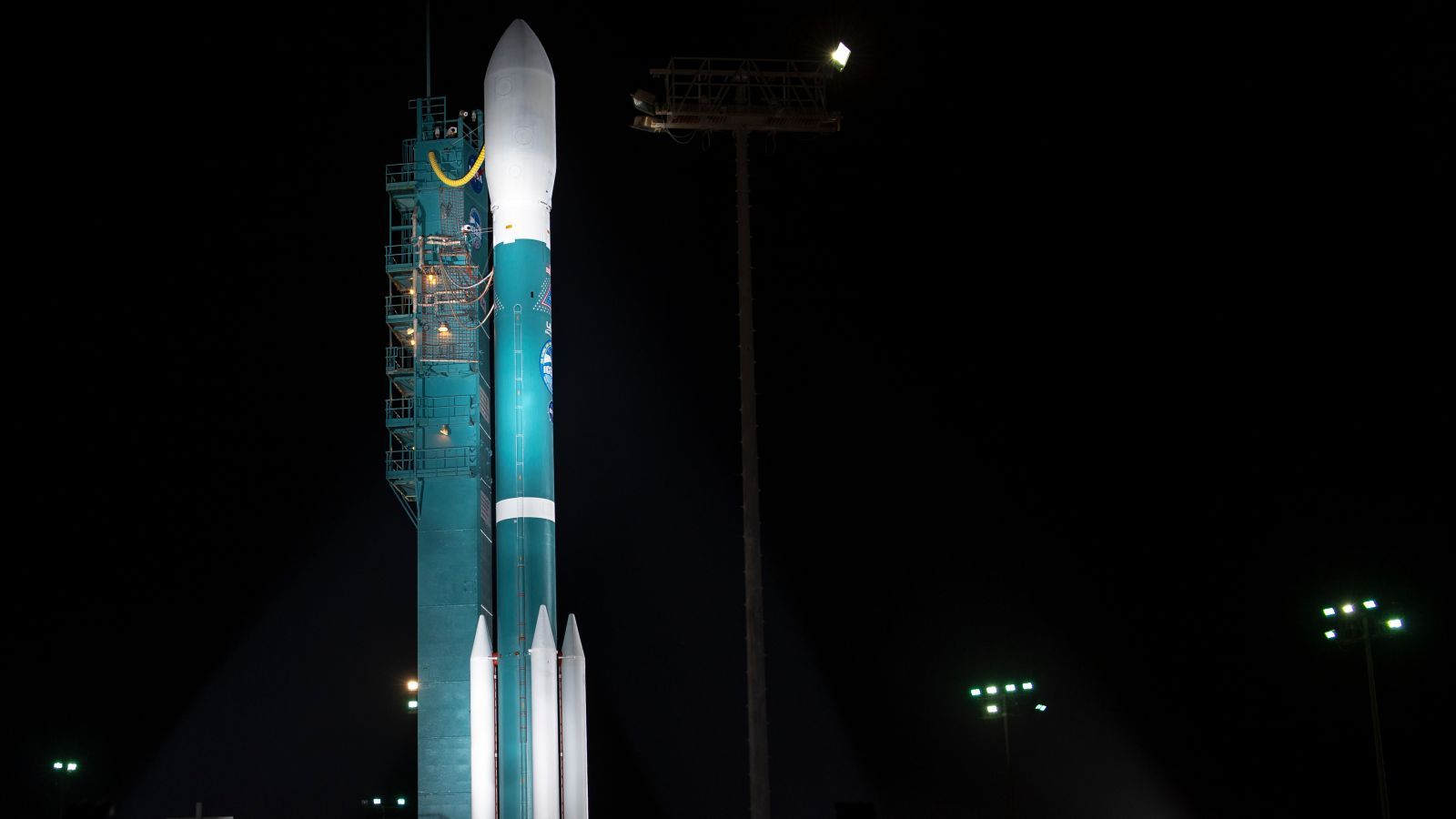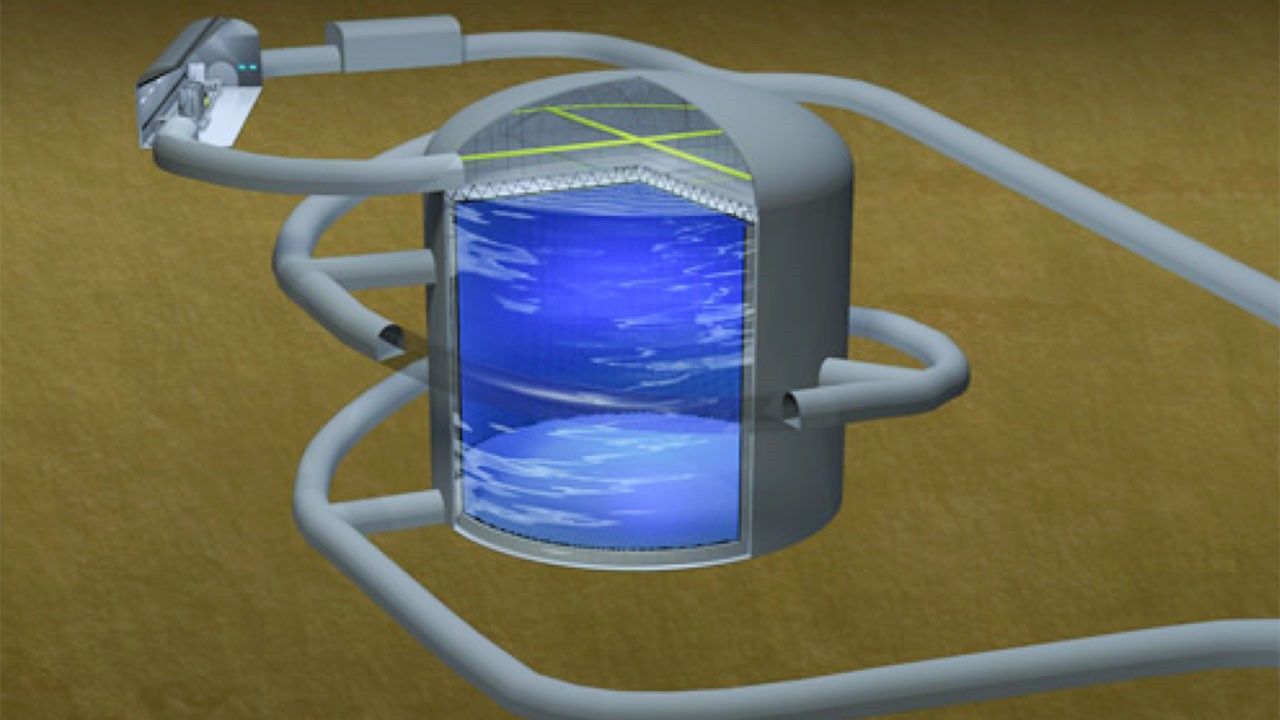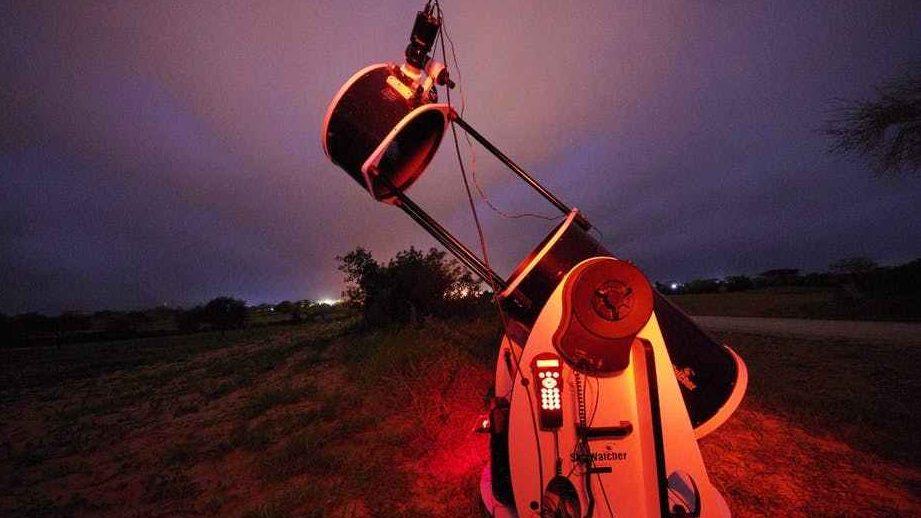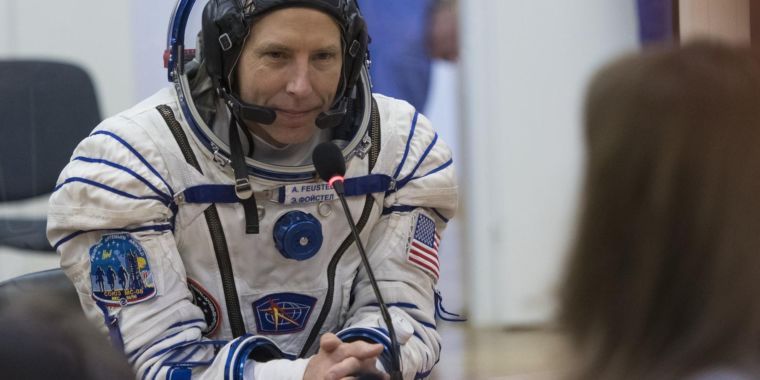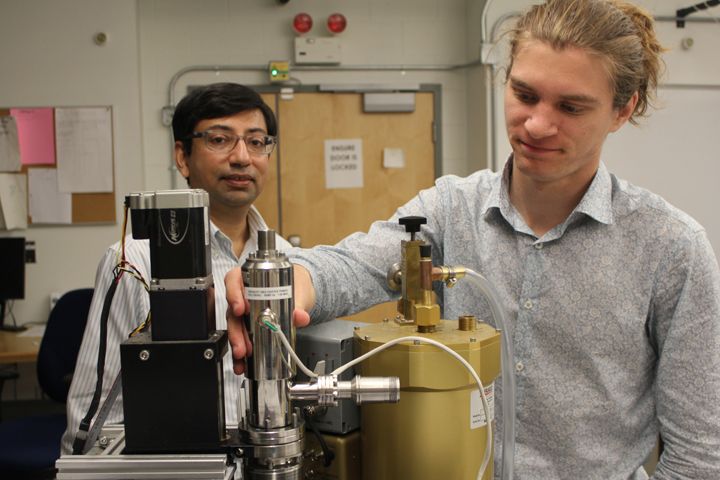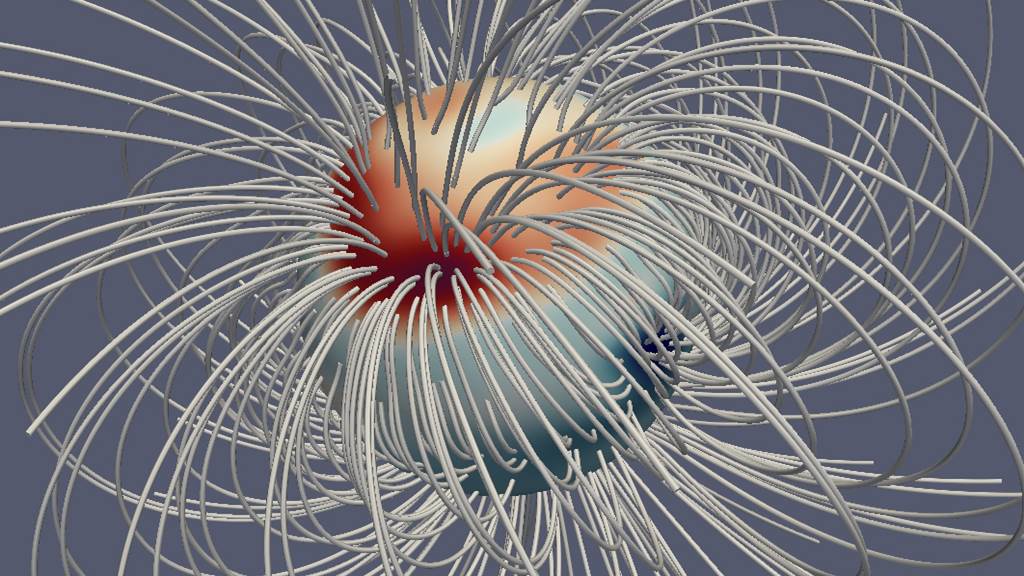Godspeed, Delta II.
NASA’s last Delta II rocket blasted into the atmosphere from Vandenberg Air Force Base in California on Saturday carrying the Ice, Cloud and land Elevation Satellite-2 (ICESat-2), Space.com reported, in the rocket’s 155th and final mission.
First entering service in 1989, the Delta II was NASA’s workhorse rocket, with Saturday’s launch capping off 100 successful launches in a row. (The last failure was in 1997, when a Delta II carrying a GPS satellite exploded seconds after leaving the pad.) As noted by the Verge, prior payloads have included the Spitzer and Kepler space telescopes, the Spirit and Opportunity Mars rovers, and the original ICESat.
